How to Calm Your Nerves Before a Dental Appointment

Understanding and Managing Dental Anxiety
Dental anxiety is a prevalent concern affecting millions of people globally, often leading to the avoidance of necessary dental care. Understanding why this anxiety occurs and finding ways to manage it effectively can significantly ease the stress associated with dental visits.
Understanding Dental Anxiety and Its Impact

What is dental anxiety and why do some people experience a fear of swallowing during dental visits?
Dental anxiety is a widespread issue affecting approximately 36% of individuals in the U.S. This anxiety manifests as stress or fear during dental appointments, impacting the willingness of many to seek necessary care. About 12% of people experience extreme anxiety, known as dentophobia. This fear often stems from past negative experiences at the dentist or an inherited predisposition to anxiety.
Common symptoms of dental anxiety include not only emotional distress but also physical reactions such as sweating, increased heart rate, and even panic attacks. This anxiety may extend to symptoms like a fear of swallowing or breathing difficulties during dental procedures. These feelings are often triggered by numbness from anesthesia or the perceived helplessness while in the dental chair.
Reasons behind dental anxiety
Dental anxiety might be triggered by several factors:
- Past experiences: Traumatic dental visits can lead to lasting fears.
- Family influence: Children may inherit anxiety patterns from anxious parents.
- Fear of pain: Many people fear potential pain during procedures, particularly due to popular media portrayals.
- Loss of control: Being in a vulnerable position during treatments can heighten feelings of anxiety.
Treatment options for dental anxiety
To address dental anxiety, patients can consider a range of treatment options:
- Cognitive Behavioral Therapy (CBT): This structured psychological method helps address negative thought patterns.
- Exposure Therapy: Gradual exposure to the dental environment can desensitize fears.
- Sedation techniques: Options such as nitrous oxide or prescription medications can help patients relax during visits.
- Communication: Discussing fears with dental staff allows for tailored approaches to help manage anxiety.
Addressing dental anxiety is crucial, as untreated anxiety can lead to severe oral health issues and negatively impact overall health.
Techniques for Managing Severe Anxiety

What are practical strategies to manage severe anxiety before a dental appointment?
To manage severe anxiety before a dental appointment, open communication with your dentist is crucial. Sharing your fears can lead to tailored recommendations for a more comfortable experience.
Relaxation techniques
Incorporate relaxation techniques into your routine. Deep breathing exercises can help calm your nerves before and during the visit. Consider practicing techniques like visualization to imagine a serene place, reducing stress associated with the dental environment.
Distraction methods
Distraction plays an important role in alleviating anxiety. Bring along soothing music or an audiobook to listen to through headphones during your appointment. Using a stress ball or fidget item can also provide an outlet for nervous energy while waiting. Having someone supportive accompany you can bolster your comfort level and help pass the time.
Sedation options
For those with significant anxiety, exploring sedation options with your dentist is beneficial. Techniques such as nitrous oxide or oral sedation can create a more relaxed state during procedures, allowing you to complete necessary treatments without overwhelming stress.
By implementing these strategies, patients can navigate their dental visits with reduced anxiety, ensuring oral healthcare remains a priority.
Dental Practices to Enhance Relaxation

What can a dentist provide to help a patient relax during treatment?
A dentist can implement several strategies and options to enhance a patient’s comfort and relaxation during treatment. One significant approach is sedation dentistry, particularly beneficial for those with heightened anxiety or those undergoing lengthy procedures.
Types of Sedation Options Include:
- Nitrous Oxide (Laughing Gas): Acts relatively quickly, providing a calming effect within minutes. Patients can typically drive home afterward, as the effects dissipate swiftly once oxygen is administered.
- Oral Conscious Sedation: This method involves taking a pill before the appointment, leading to a state of relaxation, though it may leave patients feeling groggy. A responsible adult will be required to drive them home.
- Intravenous (IV) Sedation: Offers a deeper level of sedation that often leads to complete amnesia of the procedure and requires monitoring during the appointment.
These sedation options serve to not only ease anxiety but also encourage individuals who might otherwise avoid necessary dental care to seek treatment. Furthermore, dentists may tailor their explanations and procedures to accommodate anxious patients, providing reassurance and a sense of control during their visit.
How can communication alleviate dental anxiety?
Establishing an open line of communication is essential in alleviating dental anxiety. Patients should discuss their fears and concerns with their dentist, ensuring that their specific triggers are acknowledged. This dialogue can lead to tailored advice and coping strategies, making the experience more manageable.
In addition, dentists may explain procedures clearly beforehand, demystifying the experience and reducing worry. Establishing a signal for when patients feel uncomfortable allows for real-time feedback during treatment, ensuring that patients feel in control and supported.
How can the dental environment be adjusted for comfort?
Creating a calming dental environment is also crucial. Many dental practices now offer amenities like soothing music, comfortable seating, and visual distractions, such as TVs. Participating in relaxation techniques—such as deep breathing or bringing stress-relief items—can facilitate a more pleasant experience. Ensuring the patient feels comfortable can greatly reduce anxiety and make visits more enjoyable, ultimately supporting better oral health practices.
By integrating these practices, dental offices can significantly enhance the comfort level of anxious patients, paving the way for a more positive dental experience and routine visits that promote long-term oral health.
Preparing Mentally and Physically for Your Dental Appointment

How can I prepare myself mentally and physically to relax during a dental visit?
To prepare yourself mentally and physically for relaxation during a dental visit, it’s beneficial to focus on both your physical posture and calming techniques. Start by practicing proper tongue posture; gently resting your tongue on the roof of your mouth promotes relaxation and can enhance your overall oral health. Maintain closed lips, with teeth slightly apart, as it helps in reducing tension.
Physical preparation techniques
Engage in deep breathing exercises prior to your appointment. Breathe in slowly through your nose and exhale through your mouth, which helps center your thoughts and calm your nerves. On the day of your visit, consider avoiding caffeine and high-sugar foods, which can lead to increased anxiety.
Mental relaxation techniques
Incorporate mindfulness techniques such as visualization. Imagine yourself in a calming setting while waiting for your appointment. Listening to soothing music with headphones can also serve as a distraction, minimizing anxiety triggered by dental sounds.
Impact of diet and sleep
Moreover, ensuring a good night’s sleep before your appointment is crucial. A well-rested body supports a calmer mind, making the dental procedure feel less daunting. Opt for light, calming meals, like herbal tea or soothing fruits, to preemptively ease your nerves before the visit. Remember, the goal is to enter your appointment feeling prepared and relaxed.
Considering Supplements: Are They Safe?

Use of herbal supplements
Herbal supplements have gained popularity for managing anxiety, particularly before stressful situations like dental appointments. Products like Kalms are designed to promote relaxation. However, their effectiveness varies among individuals, and reliance on these products without professional advice can be risky.
Interaction with dental procedures
Before consuming over-the-counter products, always discuss with your dentist. Certain herbal ingredients could interact negatively with sedatives or other dentist-prescribed medications. Additionally, some supplements might induce drowsiness, which can hinder your responsiveness during treatment.
Consultation with healthcare provider
Consulting with a healthcare provider or your dentist about any supplement is crucial. It ensures your safety and allows your dentist to tailor the treatment approach according to your unique needs. The goal is to alleviate anxiety without compromising the effectiveness of your dental care.
| Supplement | Potential Effects | Dentist/Provider Advice |
|---|---|---|
| Kalms | May promote relaxation | Consult before use |
| Chamomile | Can have calming effects | Check for allergies/interactions |
| Valerian root | Sometimes used for anxiety | Discuss potential side effects |
Conclusion
Managing dental anxiety is achievable with the right strategies and support. By understanding your triggers, utilizing relaxation techniques, and communicating openly with your dentist, you can significantly reduce your nerves and make your dental experience more pleasant. Remember, your dentist is there to help you feel comfortable, and by taking proactive steps, you can overcome dental anxiety and prioritize your oral health.
References
- 7 Ways to Calm Dental Anxiety and Fear of the Dentist
- 8 Tips To Calm Your Pre-Appointment Nerves - National Dental Care
- Coping with a fear of the dentist | NHS inform
- Best Tips to Help You Stay Calm at the Dentist | Blog
- Stay calm at the dentist – tips for nervous patients
- 5 ways to Calm Dental Anxiety - Maupin & Brown Dentistry
- 7 Natural Ways to Keep Fight Dental Anxiety
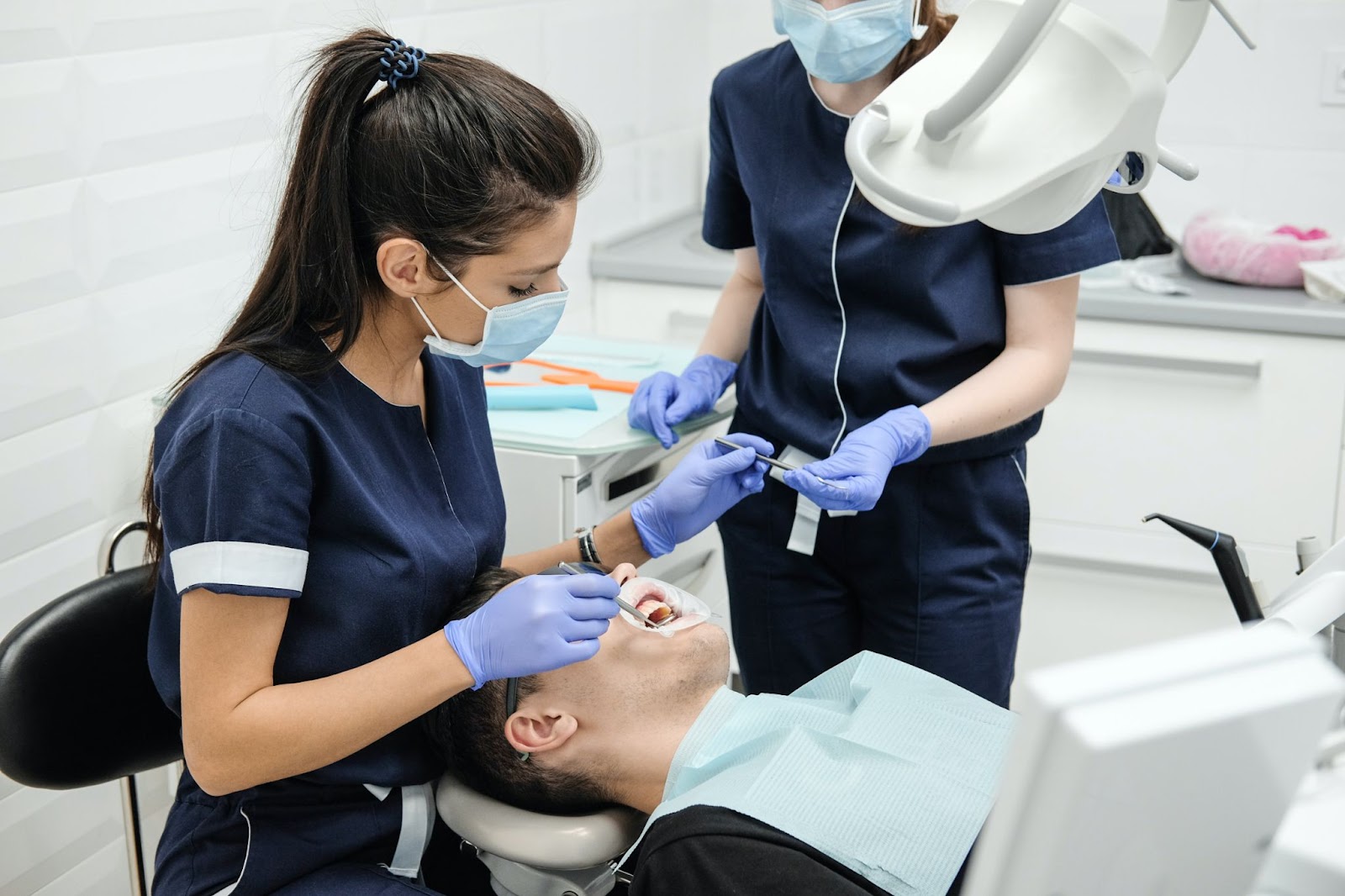


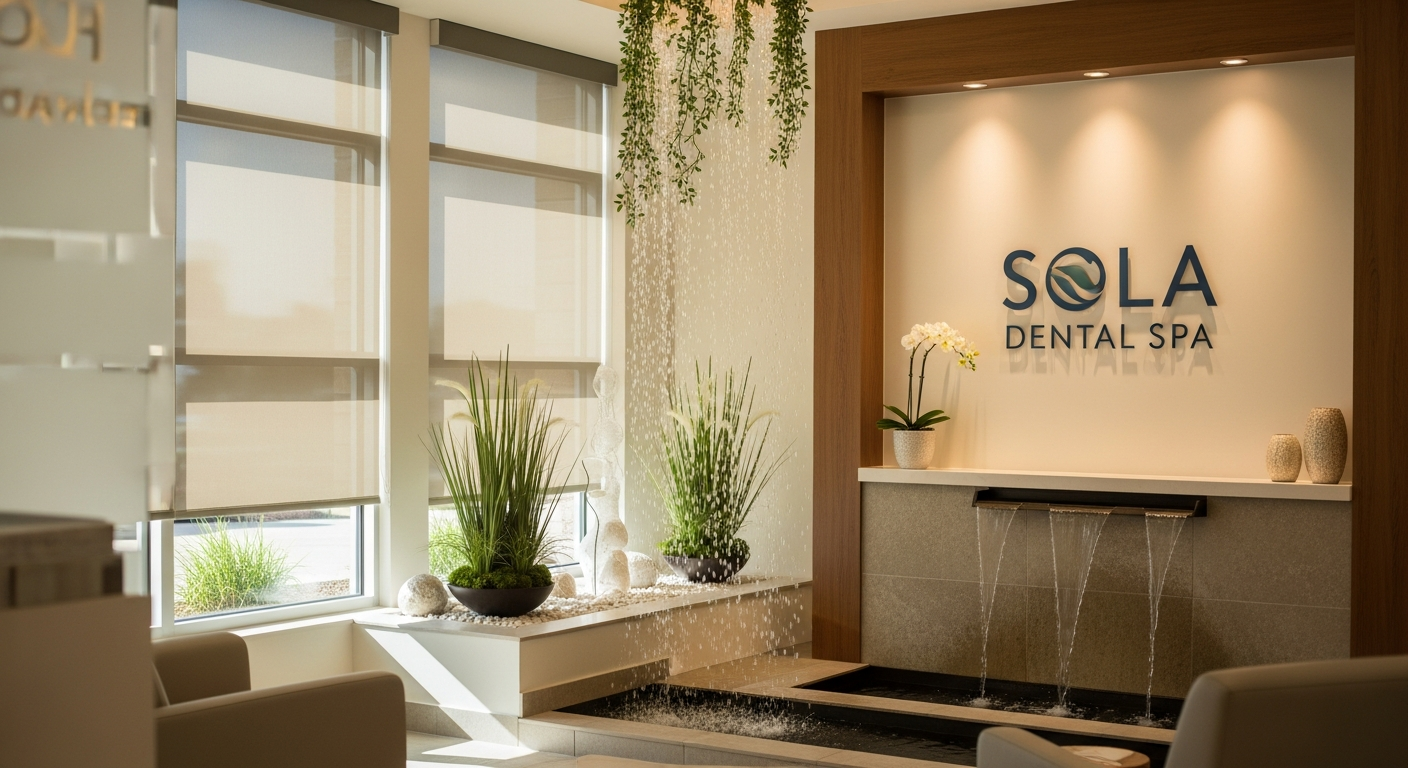
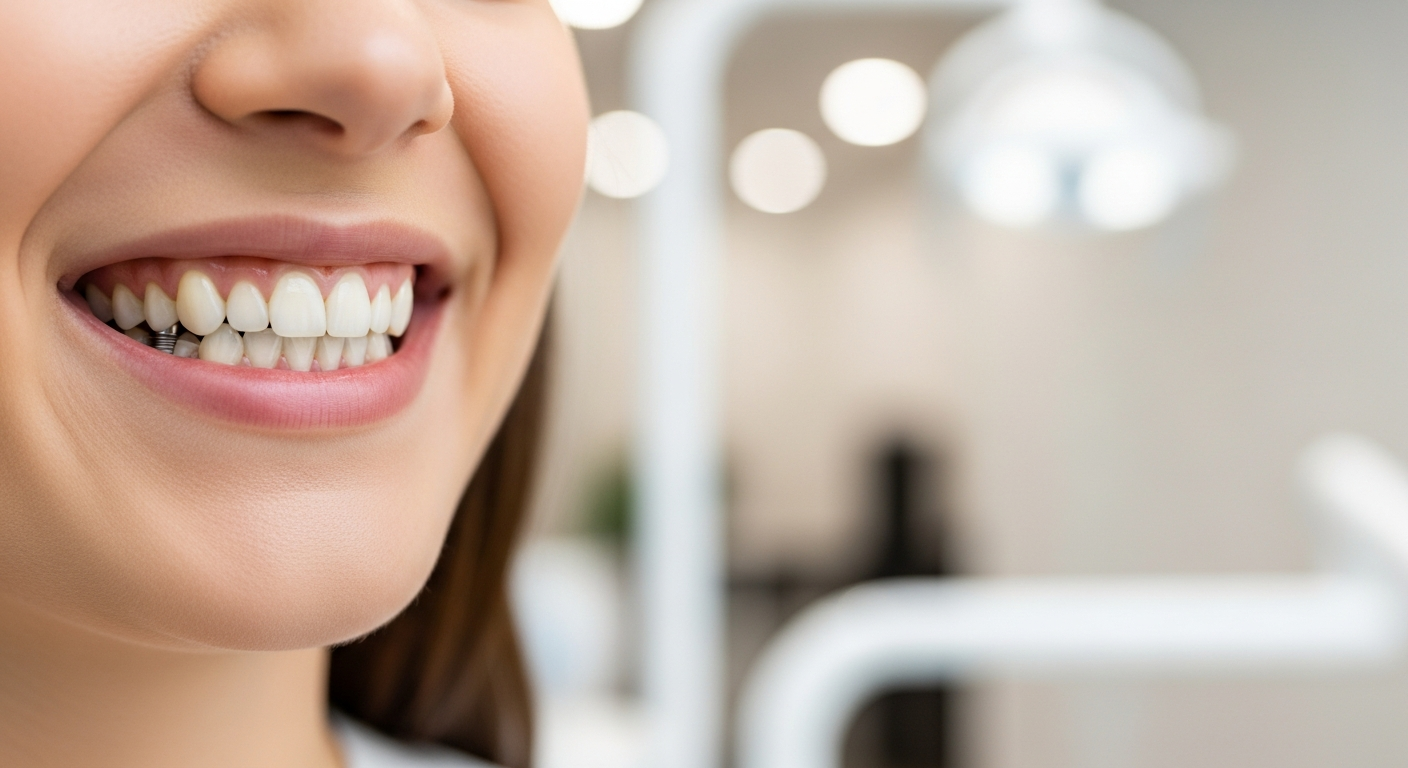
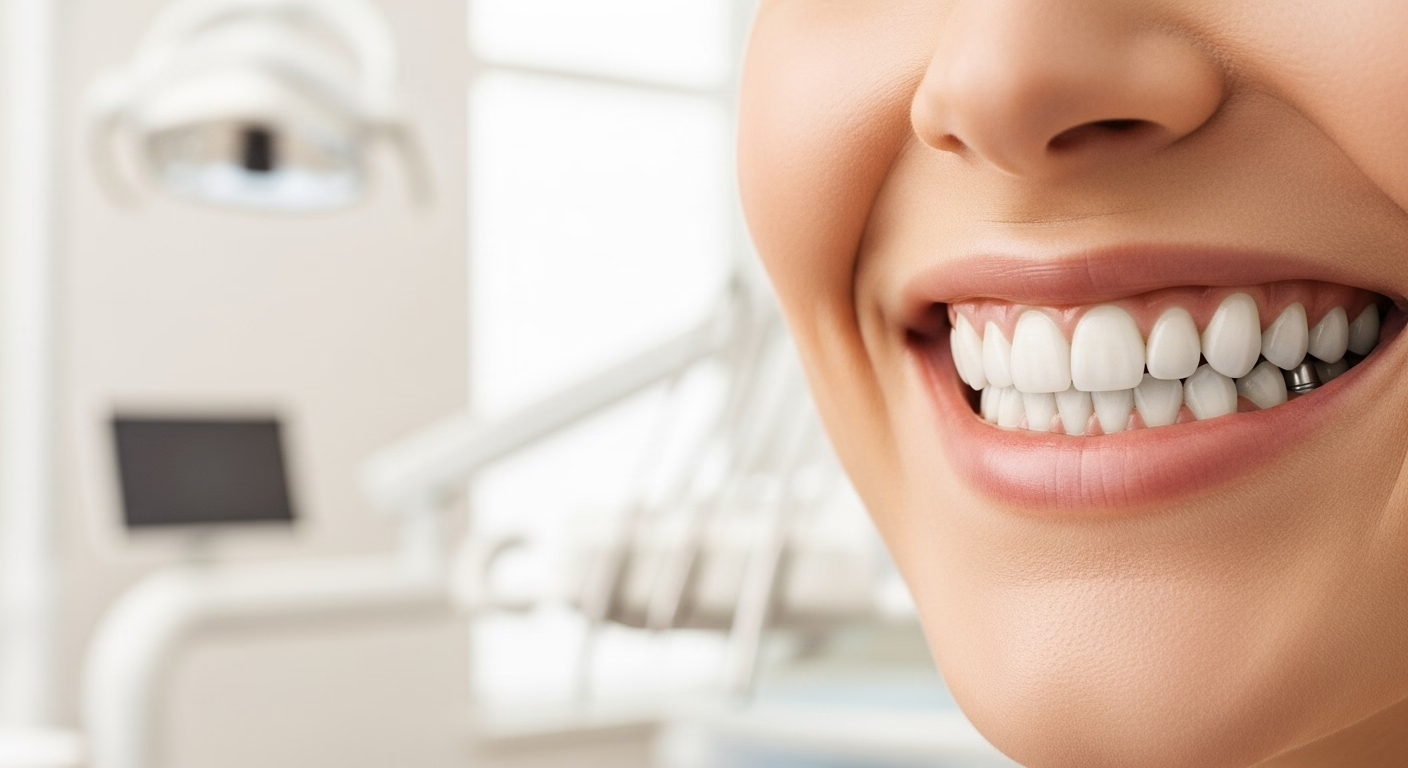
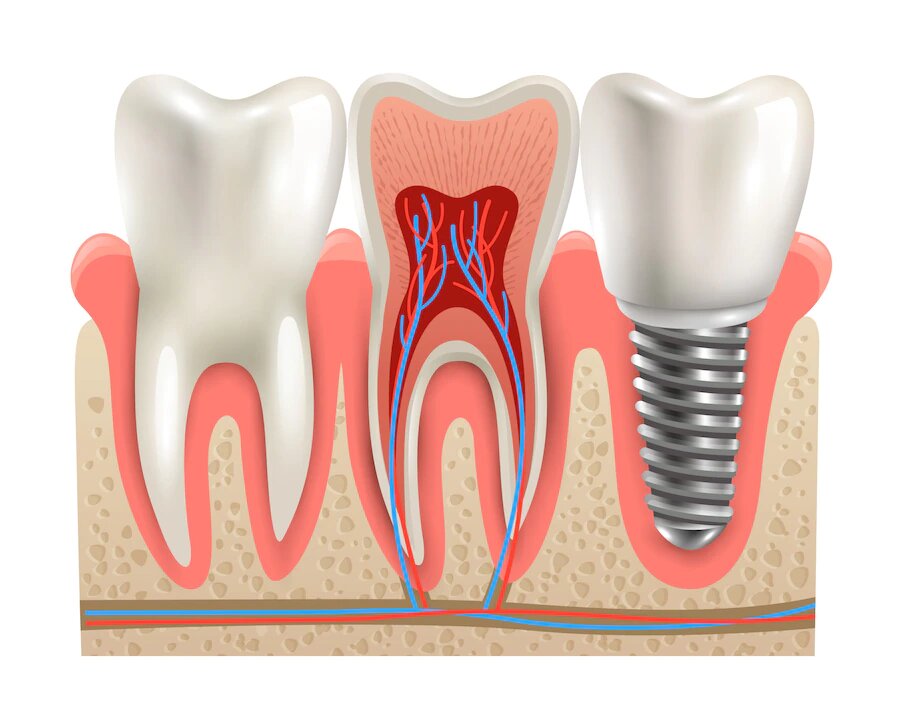
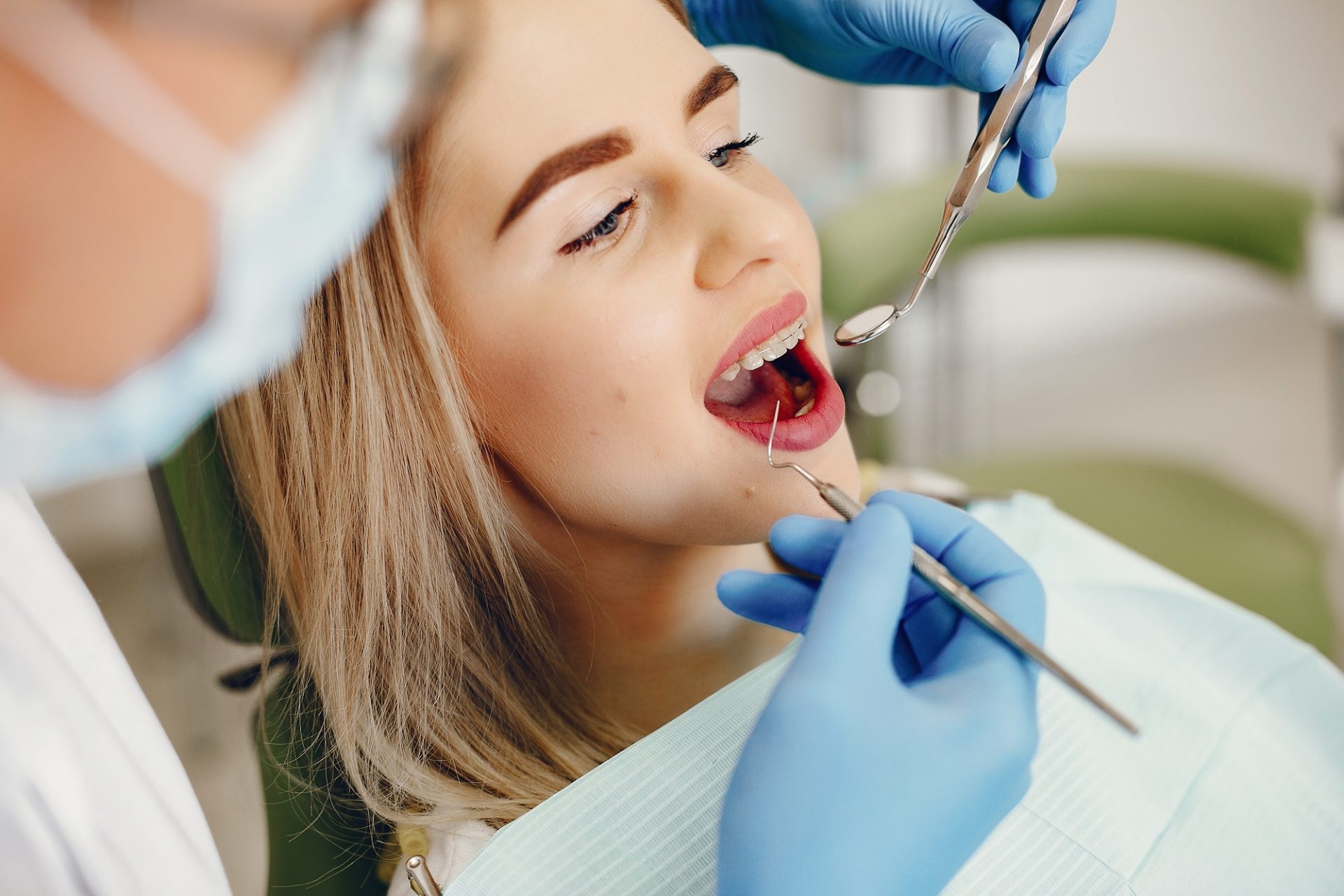



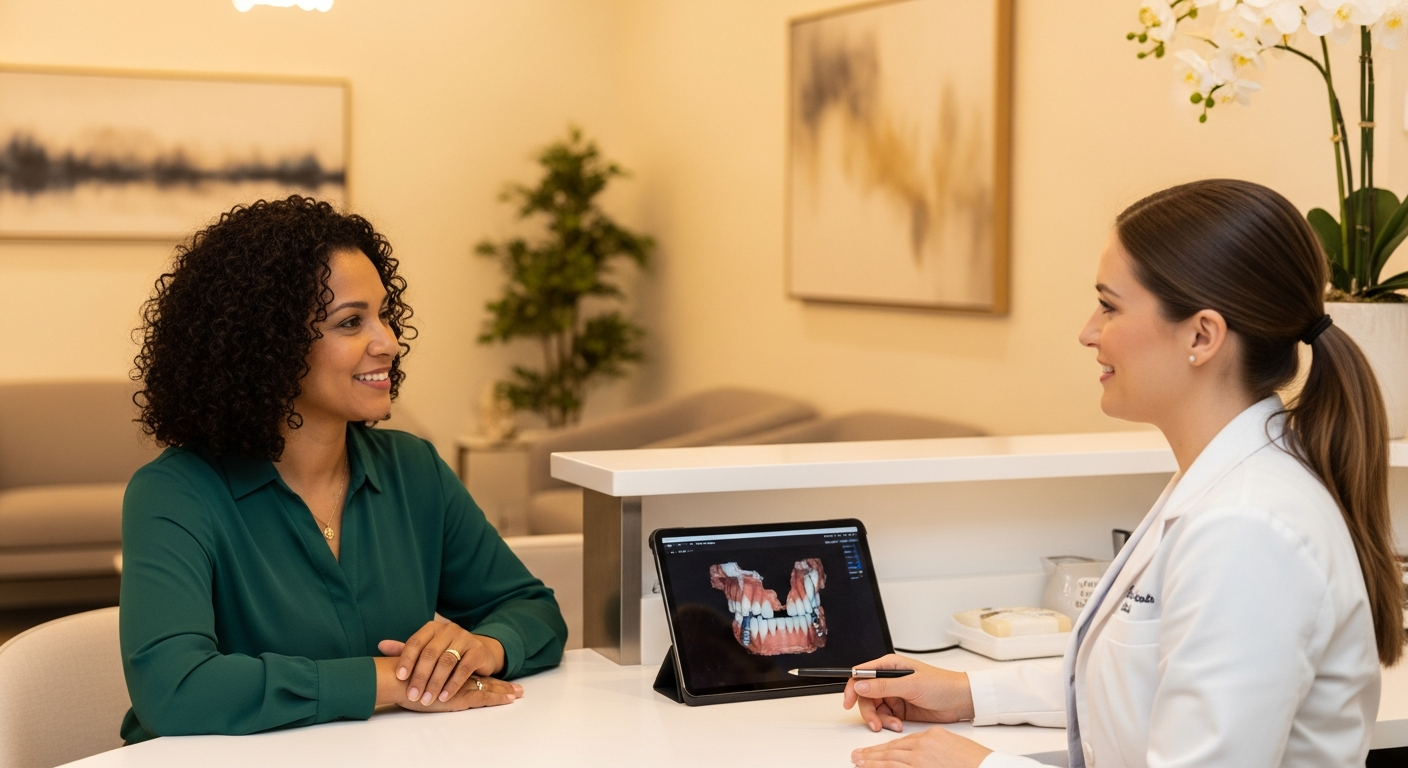



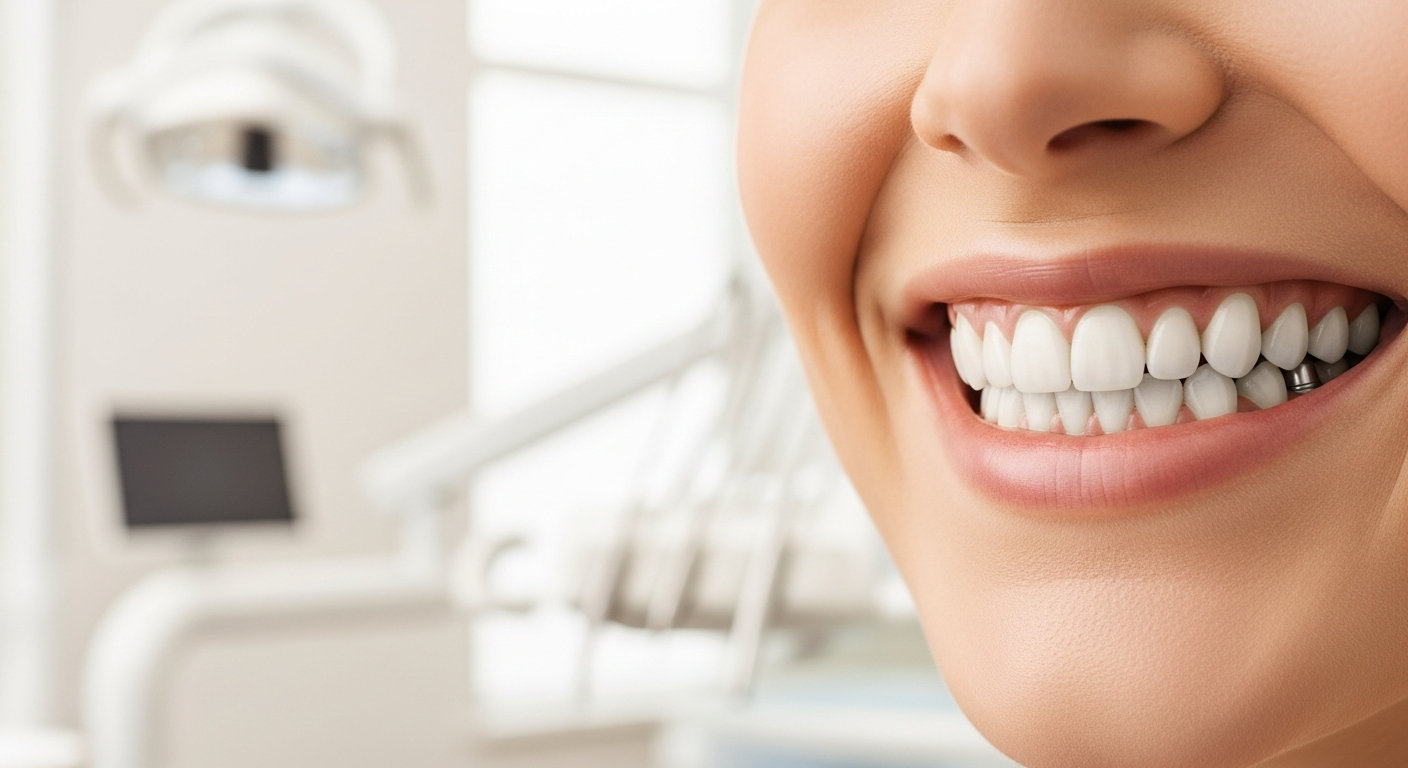

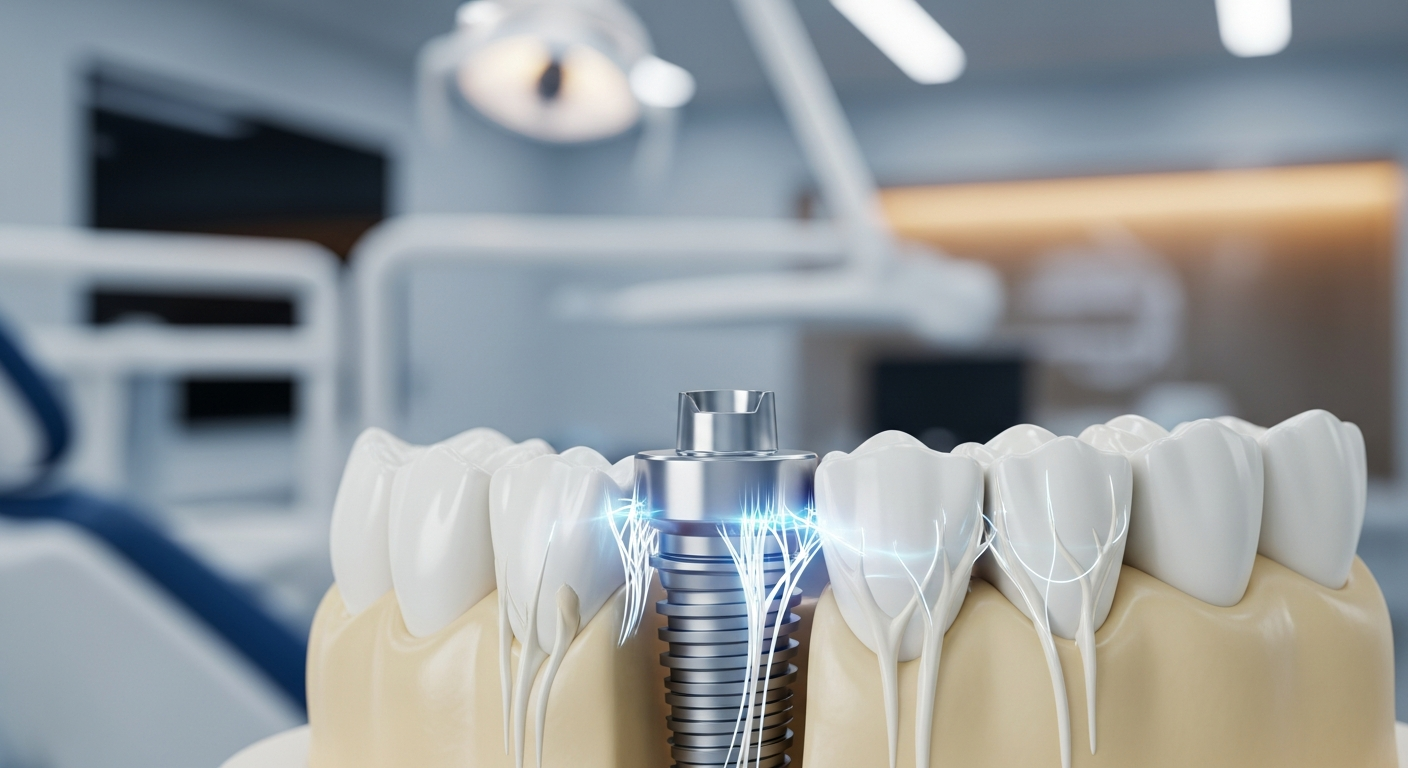
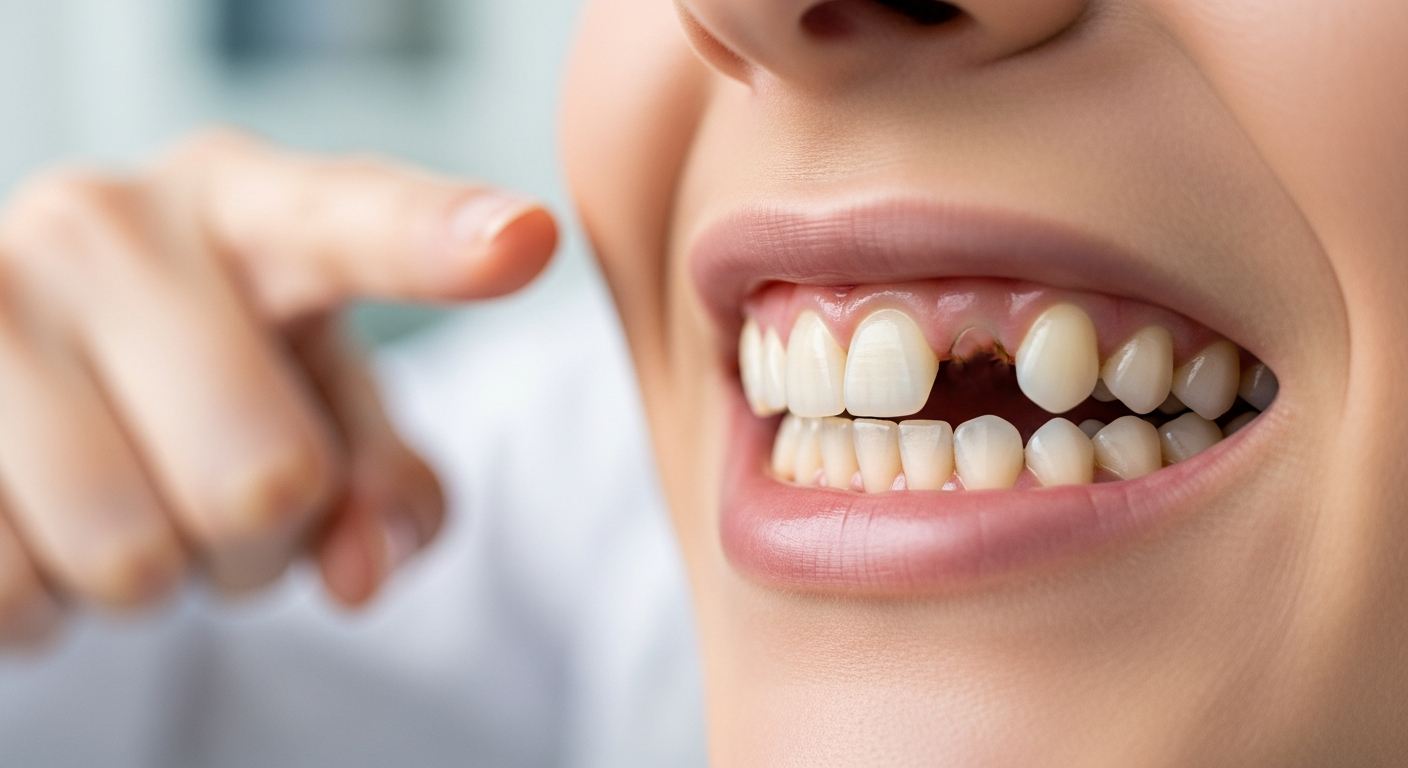





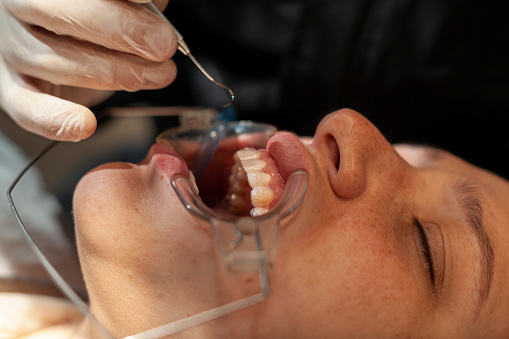

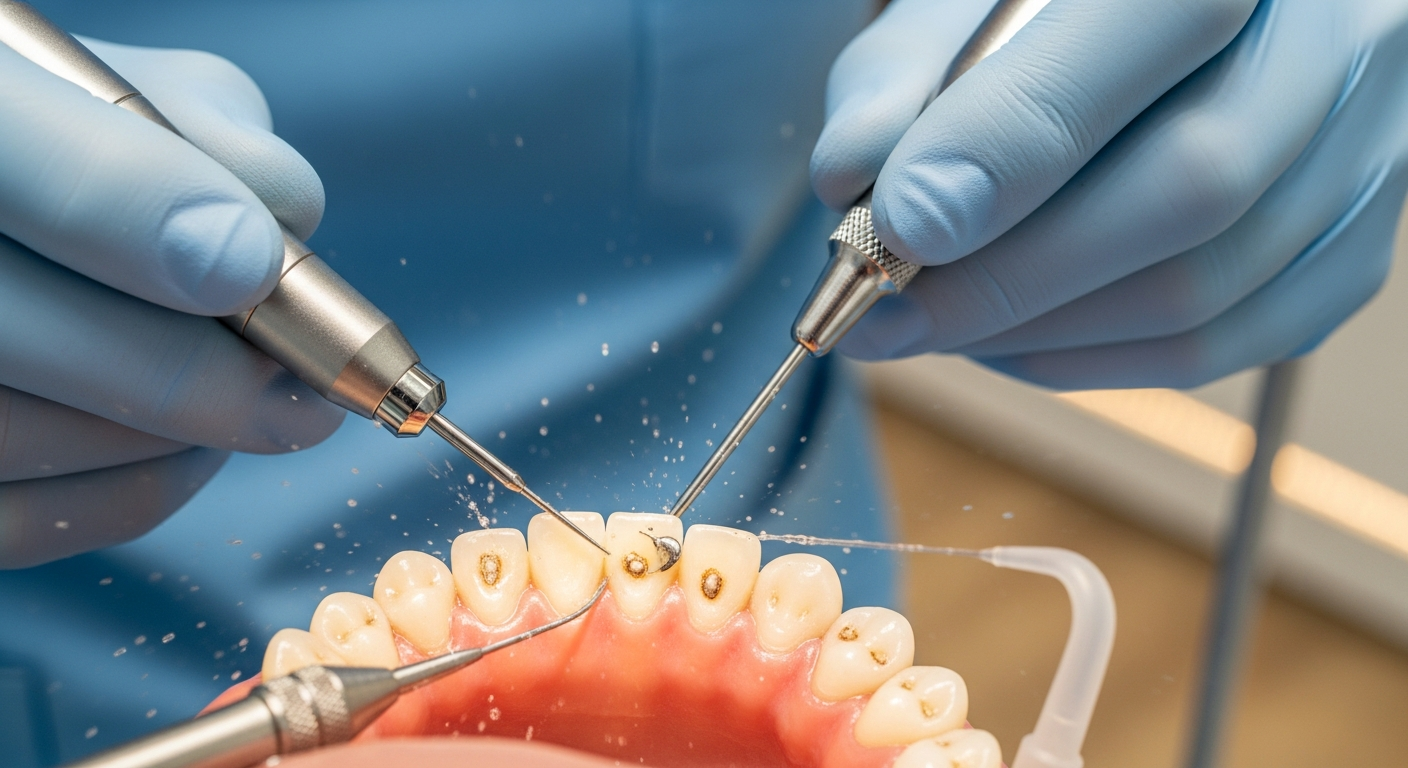

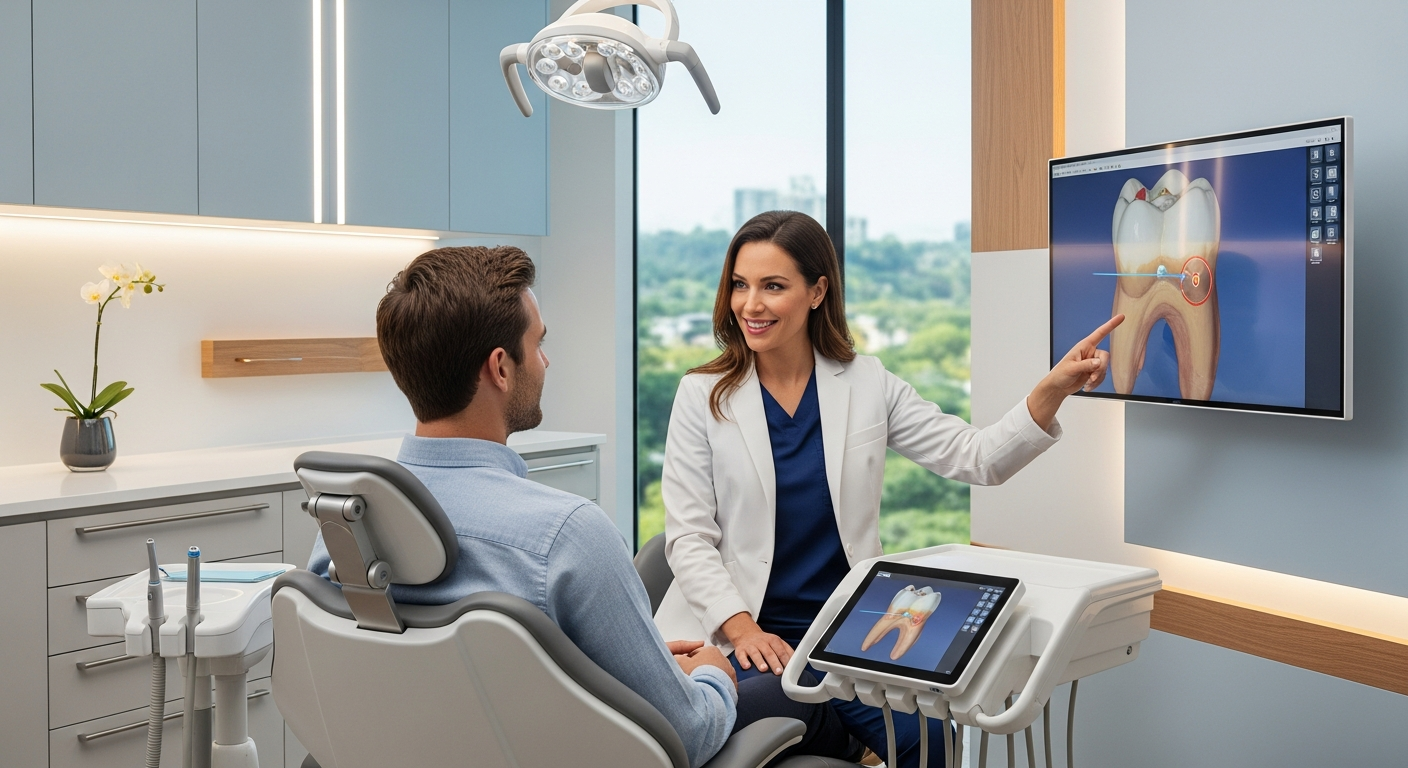
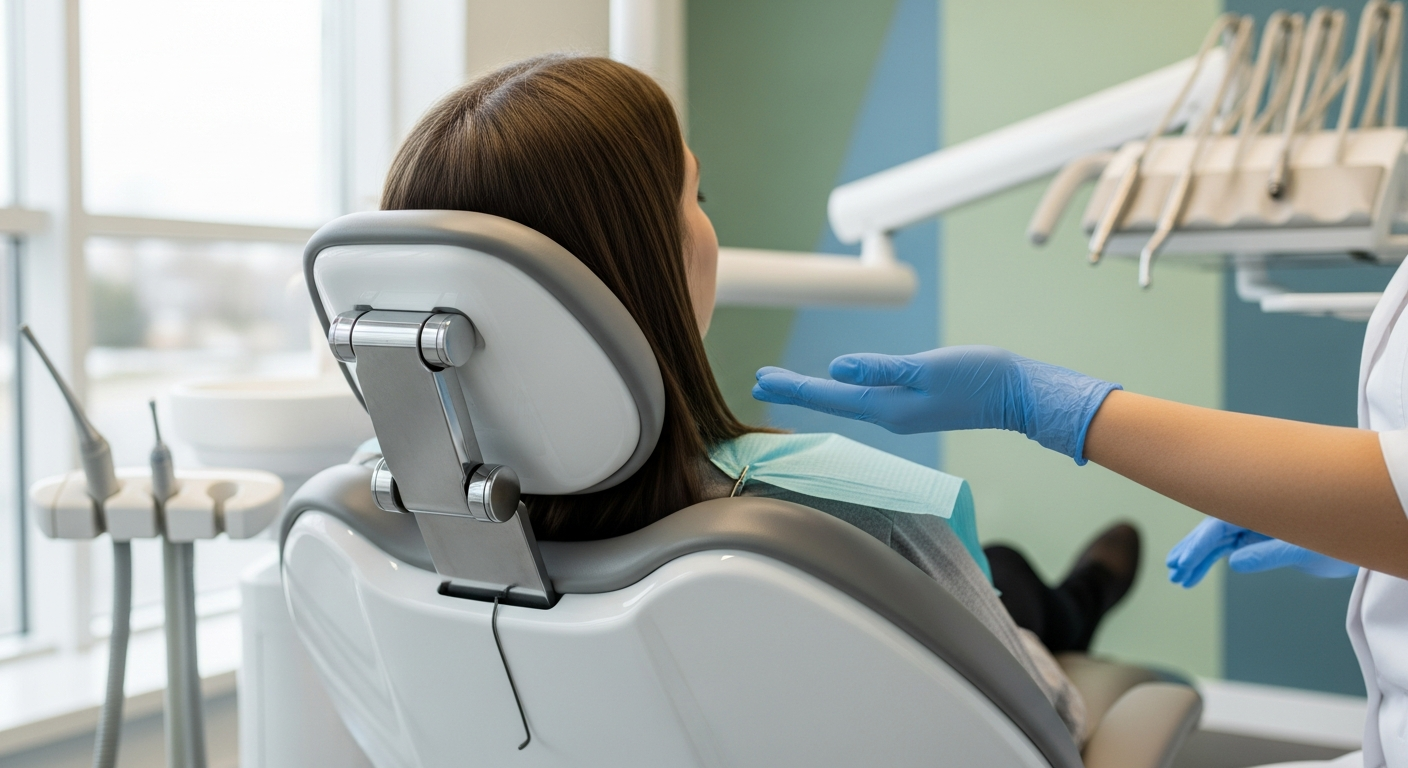

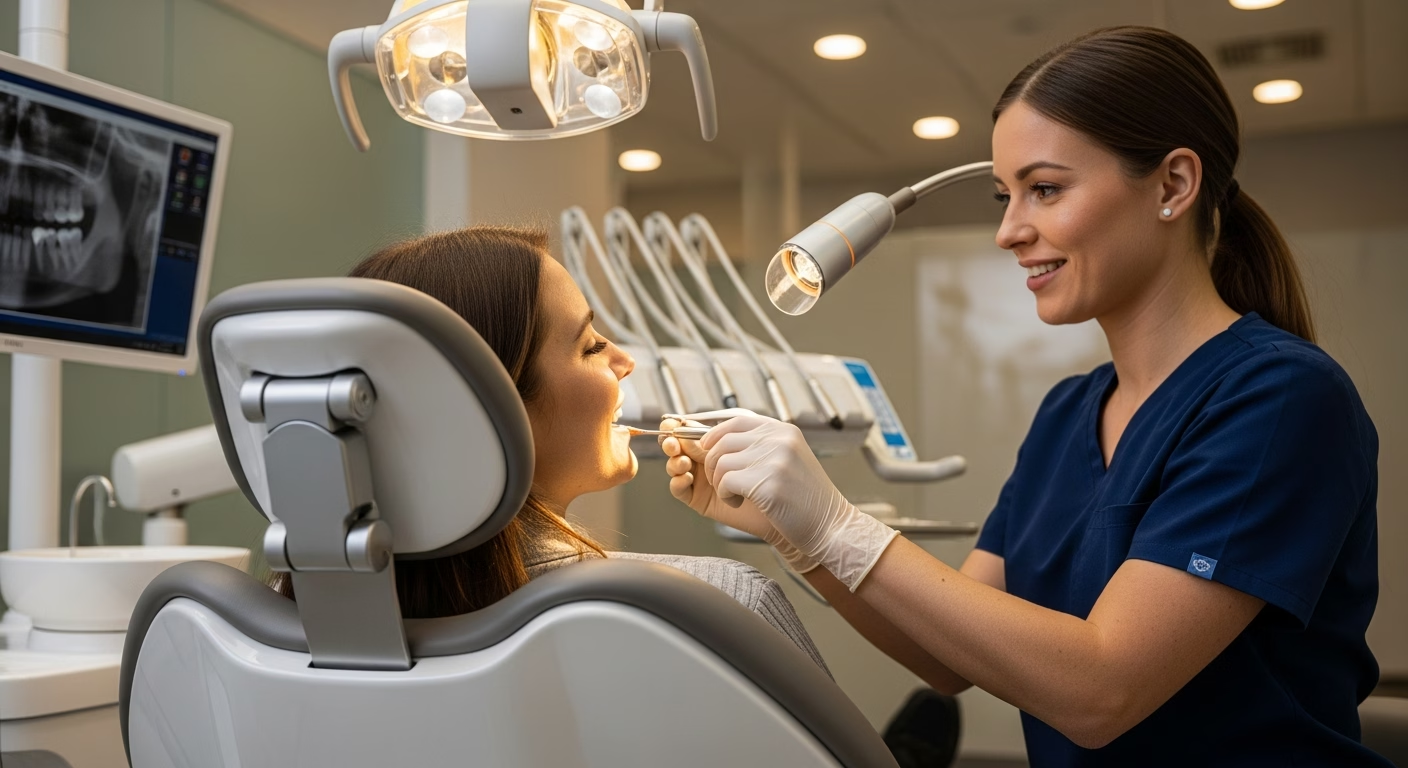
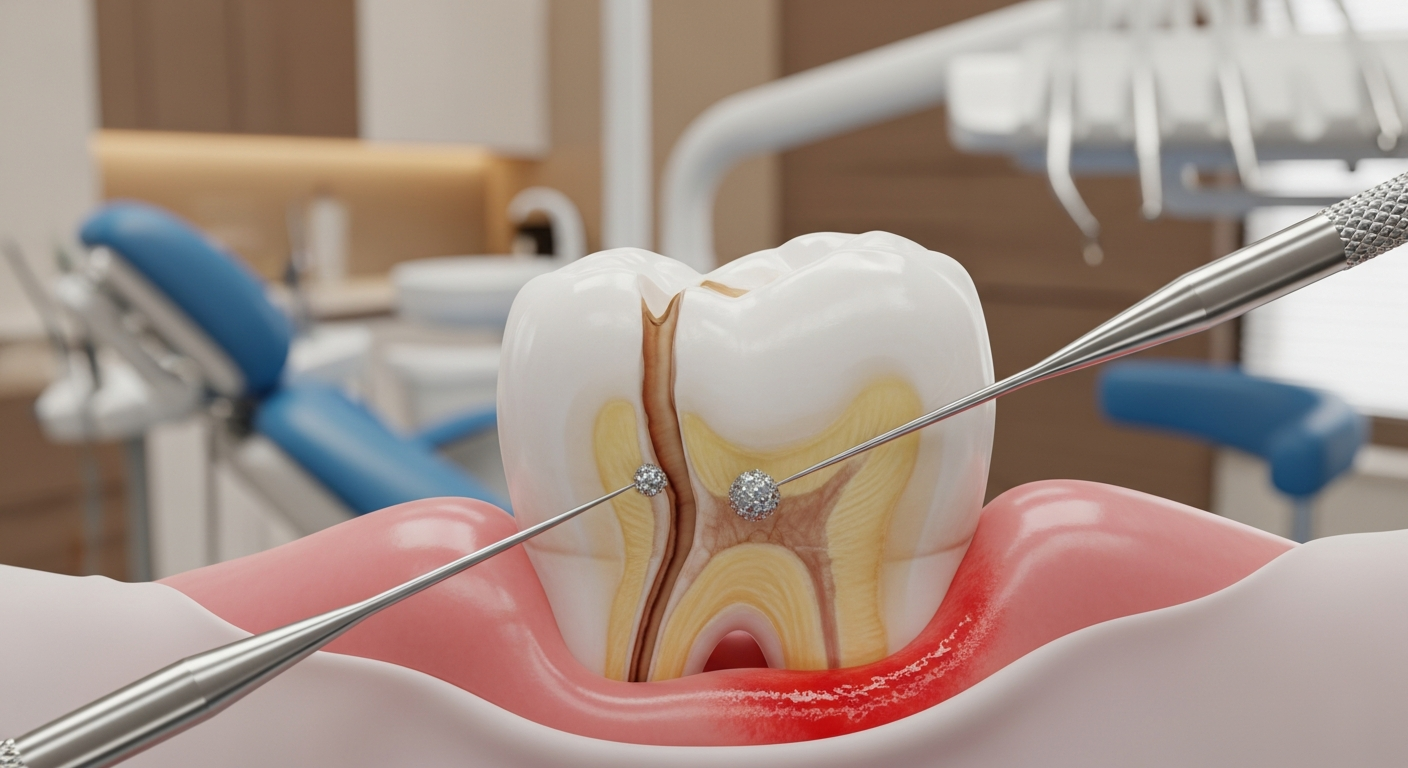



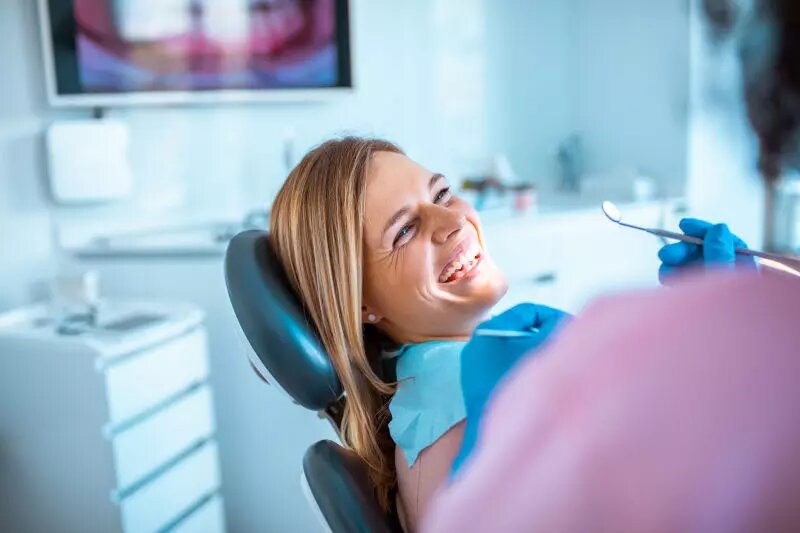
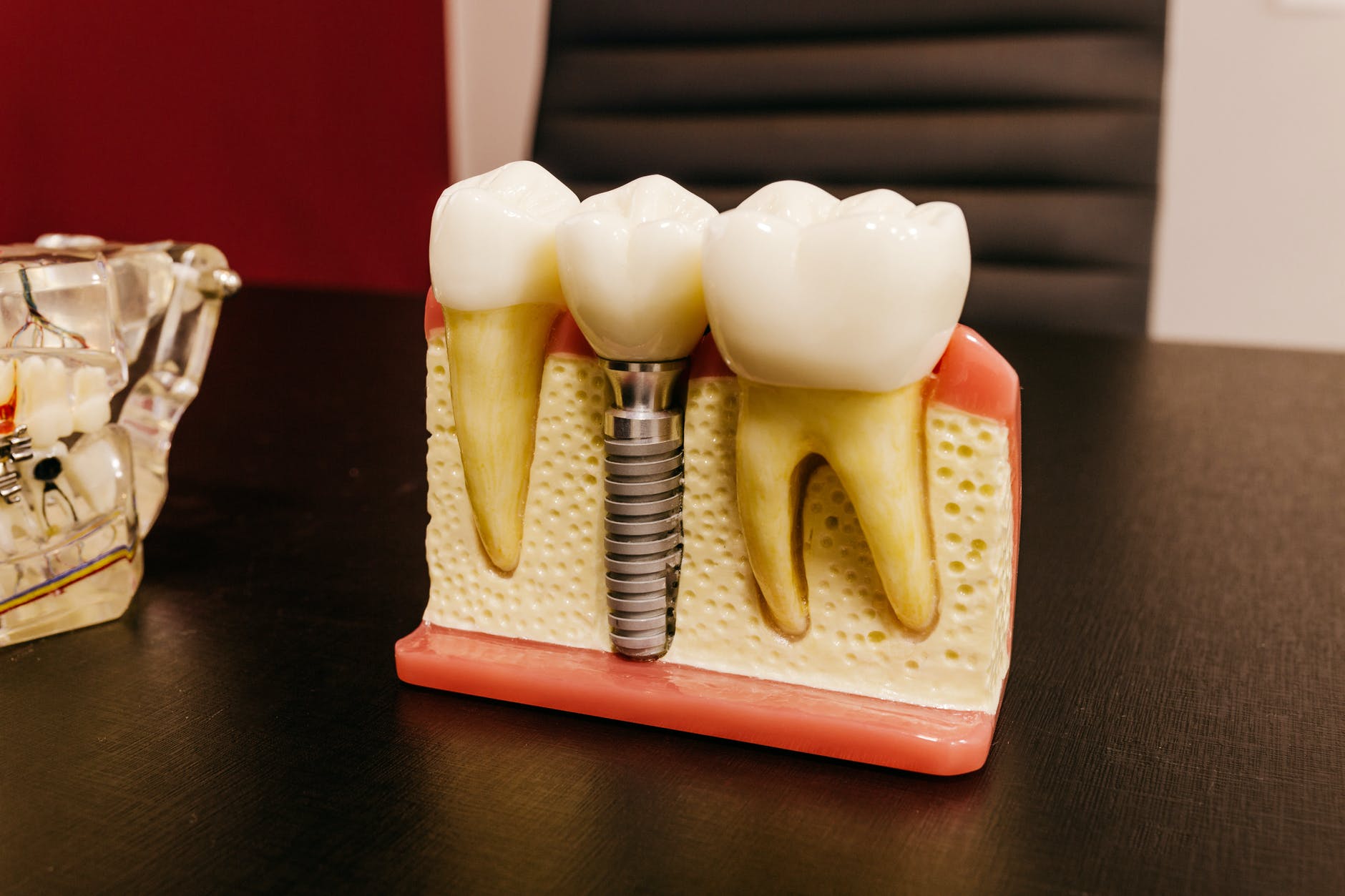


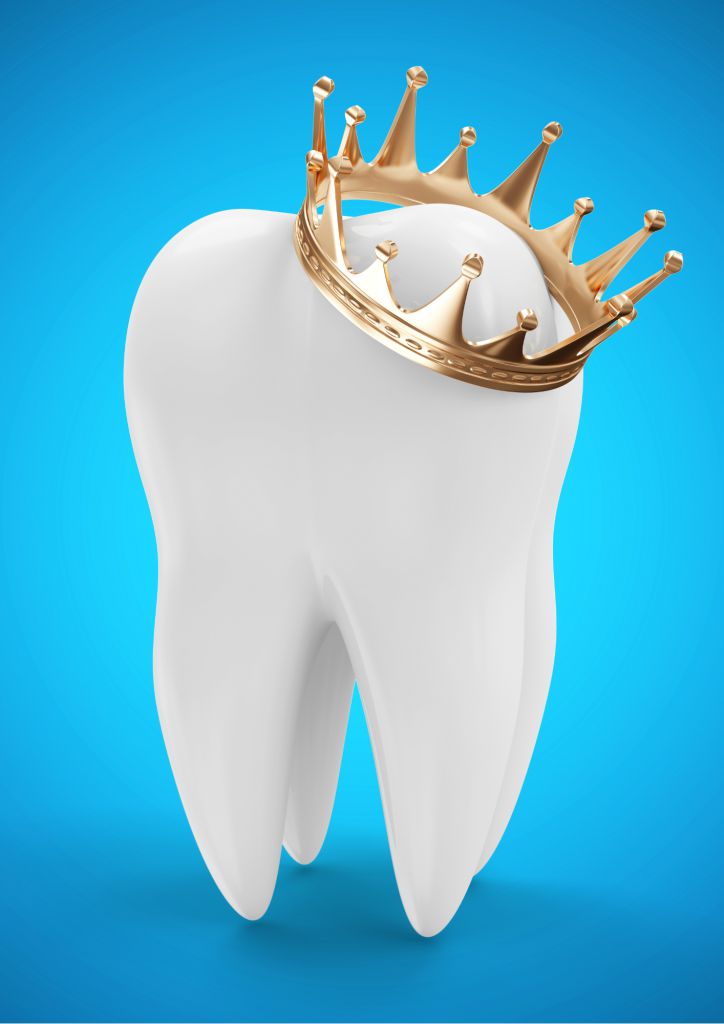



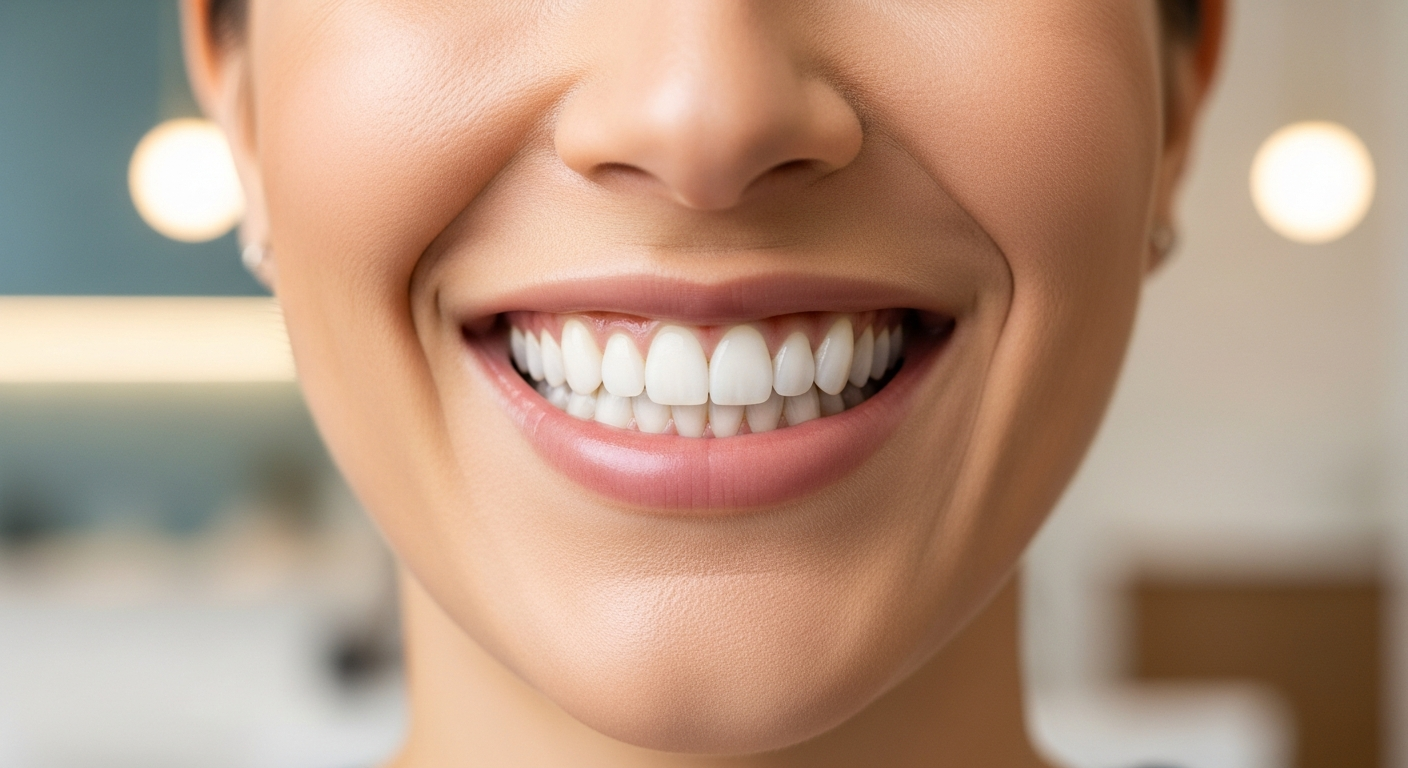



.avif)


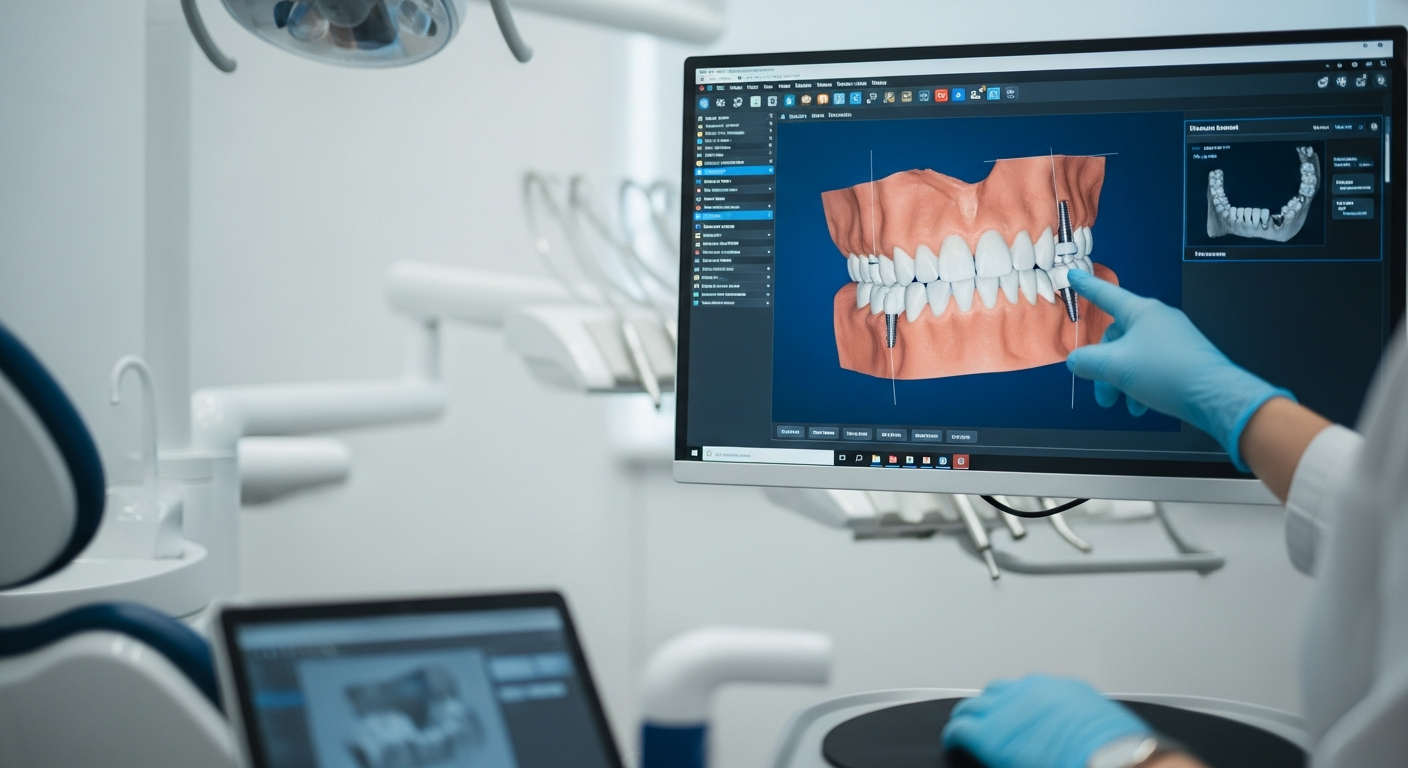



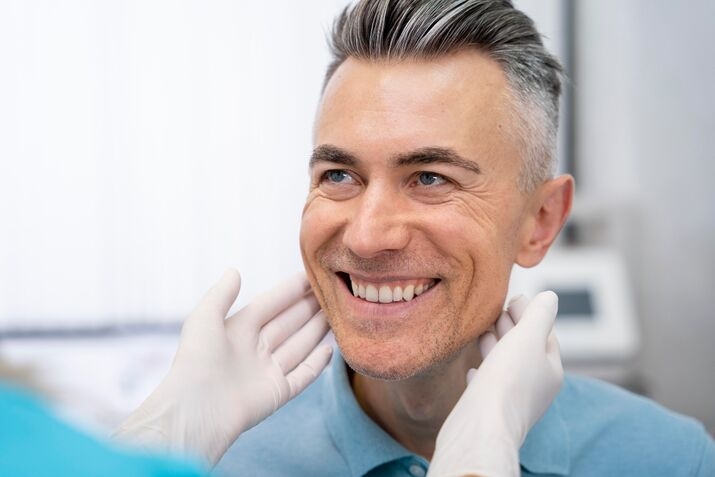
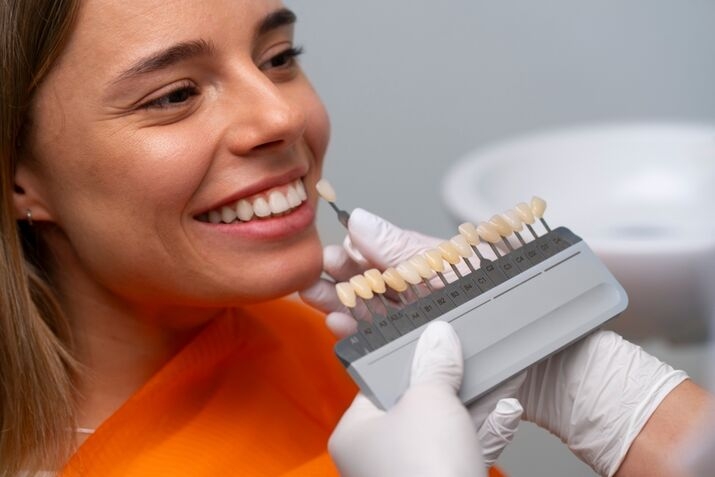
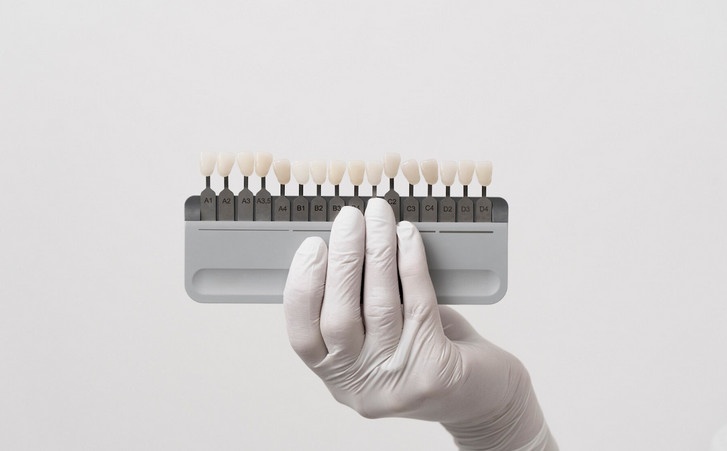

.jpg)


















.avif)


















.jpg)



